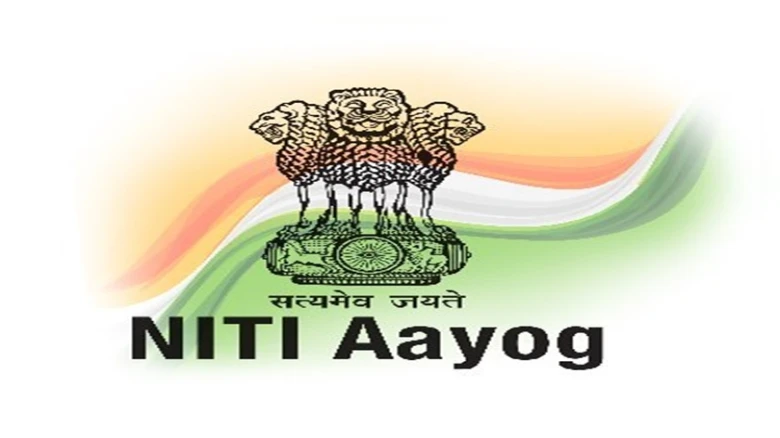Regional

The government aims to reduce the number of schemes, integrate them, or impose sunset clauses to prevent them from...
Digital Desk: To reduce unnecessary expenditure, the Niti Aayog and the Economic Advisory Council to the Prime Minister are jointly assessing all central sector and centrally-sponsored schemes, which account for 40–50% of the annual budget.
There are around 740 central sector programs (CS) and 50 centrally sponsored schemes (CSS), totaling Rs 16.2 trillion, or 41% of the FY23 budget of Rs 39.4 trillion.
The government aims to reduce the number of schemes, integrate them, or impose sunset clauses to prevent them from running indefinitely.
"Many schemes overlap. The majority of the schemes lack a sunset provision, and it is difficult to gauge their success," a senior official said.
For example, the Pradhan Mantri Garib Kalyan Anna Yojana (PMGKAY) was launched in April 2020 for a three-month period to support people affected by Covid-19. Under the scheme, more than 81.35 crore people are eligible for 5 kg of free wheat/rice per person per month – a family of five will receive about 25 kg grains free of cost in addition to the 25 kg the family is entitled to receive at Rs 2/kg under the National Food Security Act (NFSA).
Later, it was extended till the end of November 2020. Following the second wave of the pandemic, the scheme was reinstituted in May 2021, and it was later extended through the end of FY22. Despite the fact that the level of hardship has decreased, the scheme was extended till December of FY23 at a cost of more than Rs 1.2 trillion due to assembly elections in several states.
"There was no need to develop a separate scheme (PMGKAY) because rolling back schemes is often politically tough. The extra benefits could have simply been extended to NFSA beneficiaries for a desirable period," the official said.
Concerns have been raised because, despite recent consolidation, specific-purpose transfers have been routed through a large number of CSS and fully-funded CS schemes. They are typically process-based and unrelated to outcomes.
Similarly, the fertilizer subsidy, which could cost the Centre Rs 2.5 trillion in FY23, needs to be restructured to reduce the fiscal burden.
The Pradhan Mantri Gram Sadak Yojana was a well-designed CSS to connect every village with pucca roads and was intended to be there for ten years when it was launched in 2000. Even after 20 years, there is no sunset clause set for it even though most villages are now connected with pucca roads.
Concerns stem, in part, from a large number of schemes, their overlap with state responsibilities, and their onerous matching requirements, which are particularly difficult for states with limited fiscal ability.
"It will be tough to shut down any scheme before the general elections" (in early 2024). However, major action on CS and CSS rationalization will follow," another official said.
Officials believe there is a critical need to strengthen state institutional capacity, transition to well-designed output-based transfers, and rationalize the abundance of central schemes.
Leave A Comment